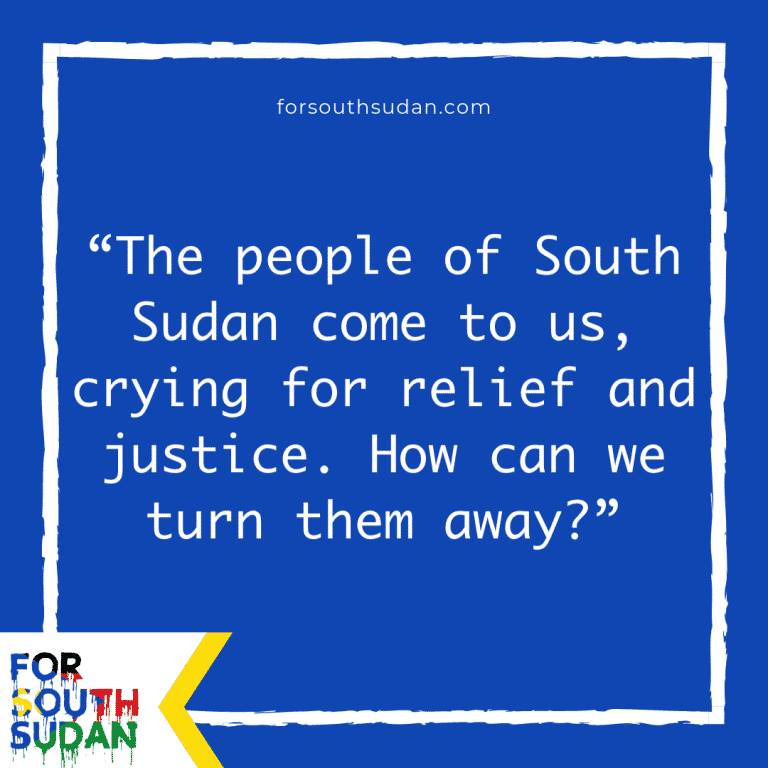Parliament of South Sudan presses oil companies to compensate pollution victims
By Joseph Oduha
South Sudan’s National Legislative Assembly is pushing oil companies to provide compensation to the victims of their contamination of the country’s water.
One of the leaders in the campaign for such compensation is James Lual, the head of the Assembly’s Petroleum and Mining Committee.
Lual substantiates his call for the payment of such compensation by stating that the health and livelihoods of the people living in and around the Upper Nile’s oil fields are being severely and negatively affected by the pollution of the region’s water sources and the entire environment.
Lual: “Compensation is a must!”
He adds that a law requiring oil companies to pay such – with this to comprise communities affected – is now under consideration by the Assembly.
“This law expresses the “polluter pays” principle, which is accepted and enforced throughout much of the world,” Lual states.
“This law will avail itself of the findings of an investigation. It is to go to the areas that have been contaminated by oil exploration and production. Fulfilling the resolution passed by the Assembly, this research is to be carried out by an authoritative scientific body. It, in turn, will then report back to us,” Lual notes.
“Should the body in fact turn up negative effects on people and livestock, we will definitely take the appropriate actions to put an end to them.”
Lual states that his committee plans to meet with South Sudan’s ministry of petroleum and mining and with Nilepet (the oil company owned by the South Sudanese government) to discuss oil pollution.
To prepare himself for these discussions and further legislative action, Lual went early this week on a fact-finding mission to the Palouch and Jum al Adar oil fields. The mission brought him in touch with local residents.
“I saw with my own eyes chemical wastes that have the capability to seriously harm people. I encountered water containing materials that are dangerous to both people and animals. I saw trees dying from having
been exposed to such water,” Lual announces.
He witnessed tanker trucks carrying water for the local residents. Two problems with that, according to Mr. Lual. The quantity of water provided was not enough. And the water supplied wasn’t clean.
Mr. Lual’s findings are leading him to call for the relocation of residents from the oil fields in northern South Sudan to a new site, to be situated near the Nile.
“In view of the extent and persistence of the contamination of sources of water, the best option is to relocate the residents to villages offering residents clean water and other necessities,” he concludes.
This contamination has joined civil war in forcing more than a half a million people to flee the region, stated the government of South Sudan in April.
When called upon to express his views on the situation, Ezekiel Gatkuoth Lol, South Sudan’s Minister of Petroleum and Mining, declined to respond.
“The payment by oil companies of compensation to victims of their pollution is standard practice around the world. This is because the victims have a basic right to such, provided that this contamination has been proven,” states Dr. James Okuk, a professor of political sciences at South Sudan’s University of Juba.
Okuk says a refusal by oil companies to supply this compensation entitles the victims to sue them. “This is the law,” Okuk concludes.


